Optimal Timing for Windows Installations

Spring offers moderate temperatures and fewer system demands, making it an ideal time for Windows upgrades.
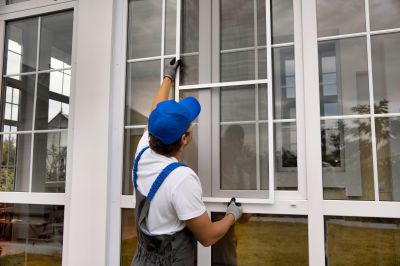
Summer may pose challenges due to higher temperatures and busy schedules, but early summer can still be suitable.

Fall provides a stable environment before winter, with cooler weather and fewer interruptions.

Ways to make Windows Installations work in tight or awkward layouts.

Popular materials for Windows Installations and why they hold up over time.

Simple add-ons that improve Windows Installations without blowing the budget.

High-end options that actually feel worth it for Windows Installations.

Finishes and colors that play nicely with Windows Installations.
Performing installations during periods of low system usage helps ensure compatibility and reduces downtime.
Choosing a time when hardware and software are ready minimizes the risk of delays.
Scheduling during planned maintenance windows can streamline the installation process.
Opt for times when users are less likely to need immediate access to the system.
| Season | Advantages |
|---|---|
| Spring | Moderate temperatures, less system demand, and favorable weather conditions. |
| Summer | Extended daylight hours, early summer can be suitable despite higher temperatures. |
| Fall | Pre-winter period with stable weather and lower activity levels. |
| Winter | Less ideal due to extreme cold and potential for system disruptions. |
Implementing Windows installations at appropriate times can enhance system stability and reduce operational interruptions. Planning ahead ensures compatibility with existing hardware and minimizes user impact. Proper timing also allows for thorough testing and troubleshooting, leading to smoother transitions.

Monitoring installation phases ensures proper setup and minimizes errors.

Configuring settings and updates after installation optimizes performance.

Verifying hardware and software compatibility prevents future issues.

Educating users on new features enhances productivity and system use.
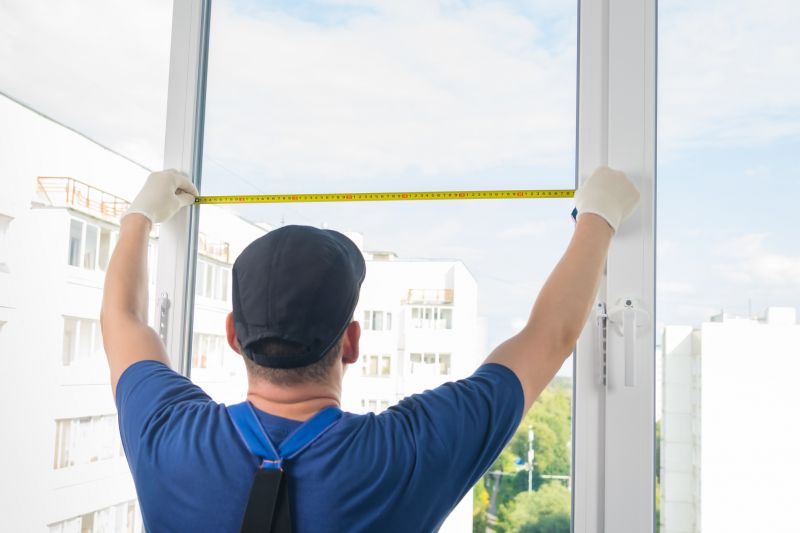
Little measurements that prevent headaches on Windows Installations day.

A 60-second routine that keeps Windows Installations looking new.

A frequent mistake in Windows Installations and how to dodge it.

Small tweaks to make Windows Installations safer and easier to use.
Schedule during low-traffic periods to avoid disrupting operations.
Choose weekends or evenings for minimal interruption.
Backup data and ensure system readiness before scheduling.
Allow time for updates and system optimization after setup.
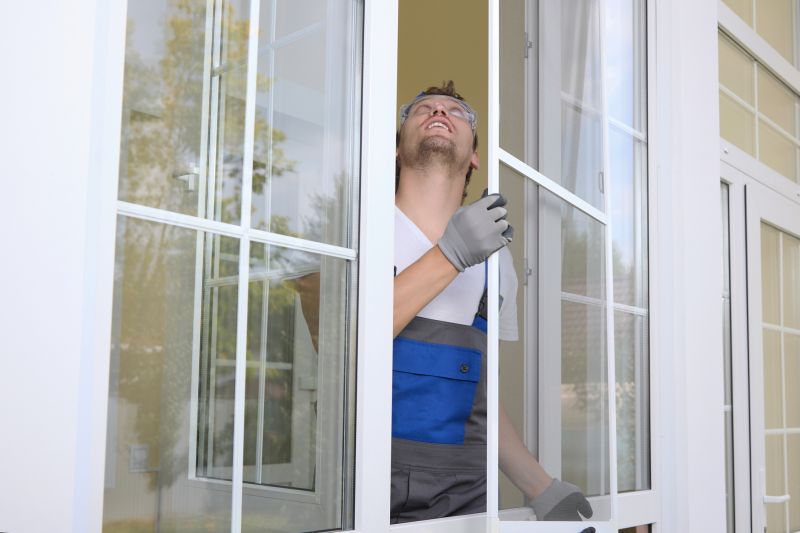
Professional setup ensures proper configuration and troubleshooting.

Backing up data prior to installation prevents data loss.

Verifying system stability after setup is crucial.
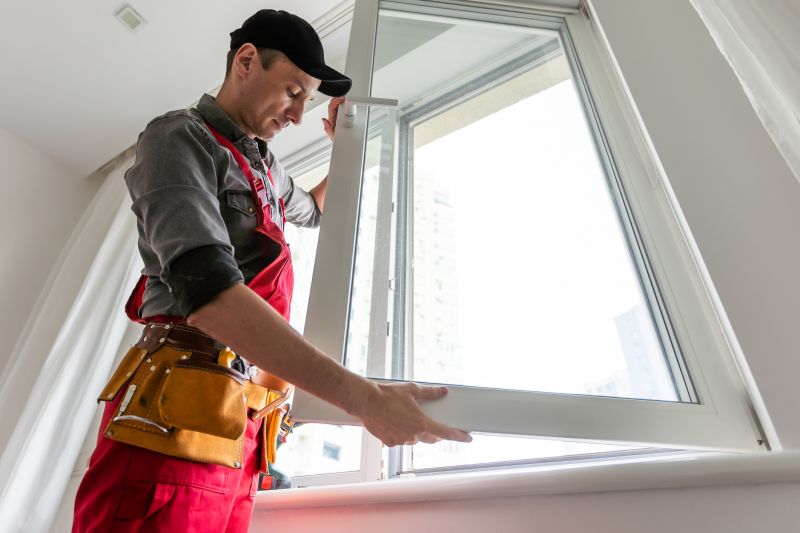
Educating users on new features improves adoption and efficiency.

Lower-waste or water-saving choices for Windows Installations.

The short, realistic tool list for quality Windows Installations.
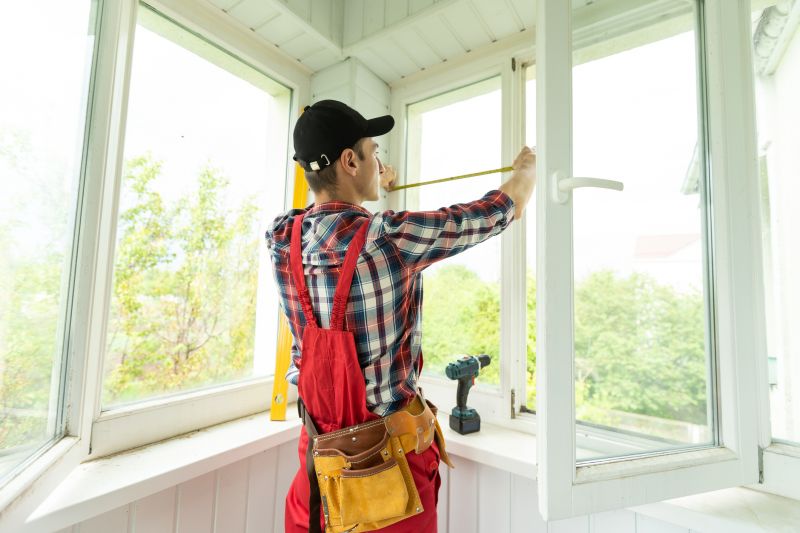
Rough timing from prep to clean-up for Windows Installations.

Quick checks and paperwork to keep after Windows Installations.
Selecting the right time for Windows installations can lead to smoother processes and better system performance. Proper planning, preparation, and timing are essential for minimizing disruptions and ensuring long-term stability.







